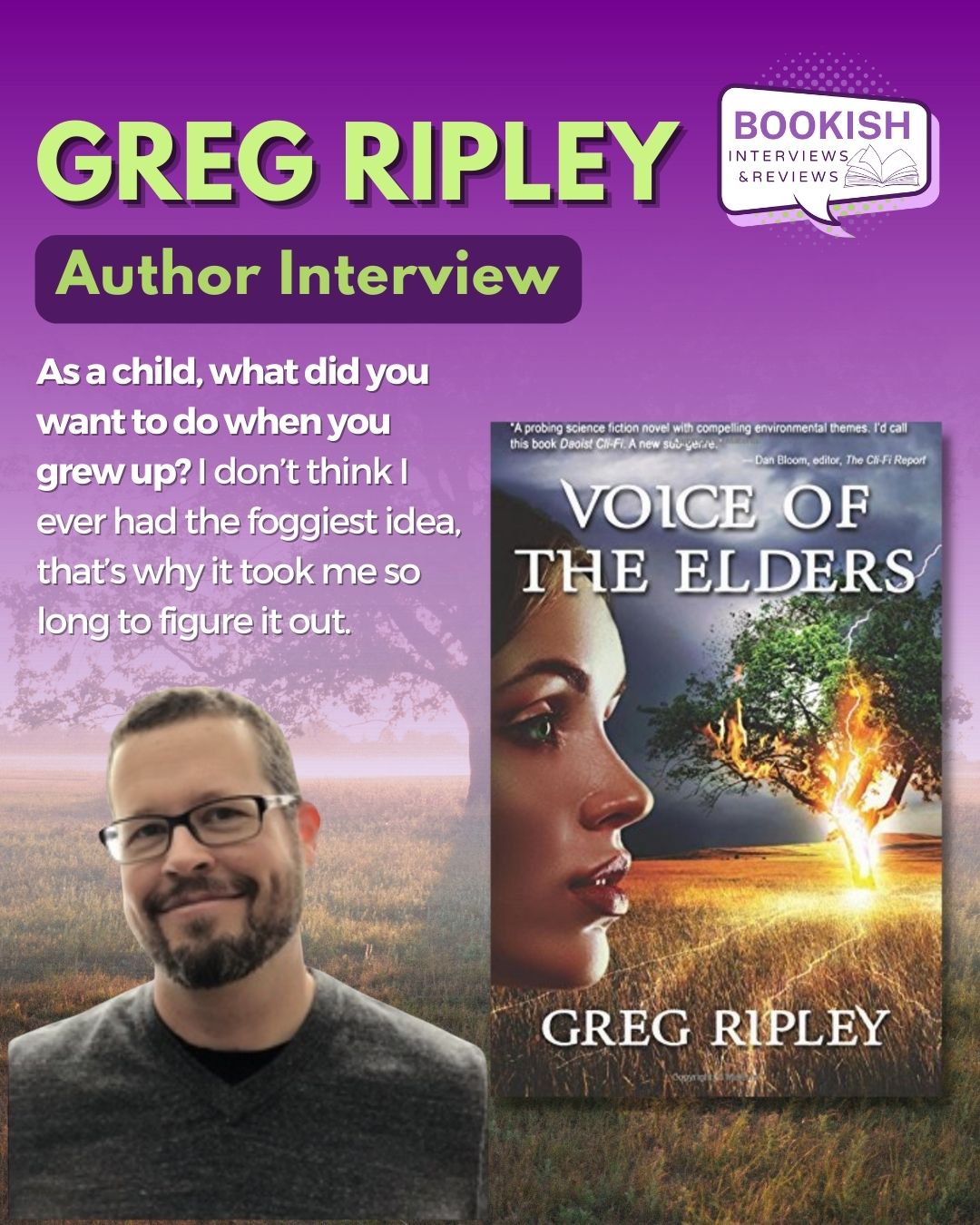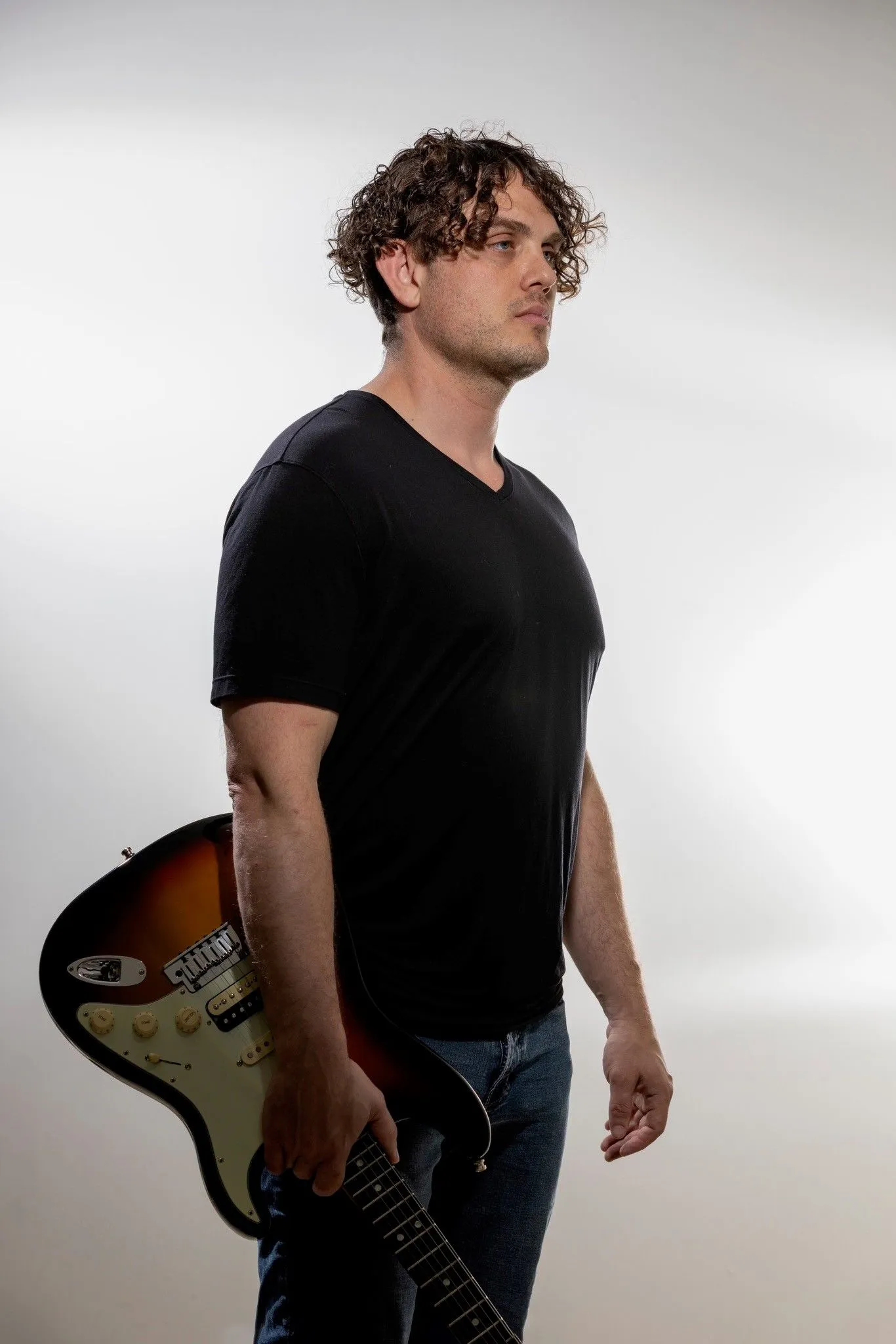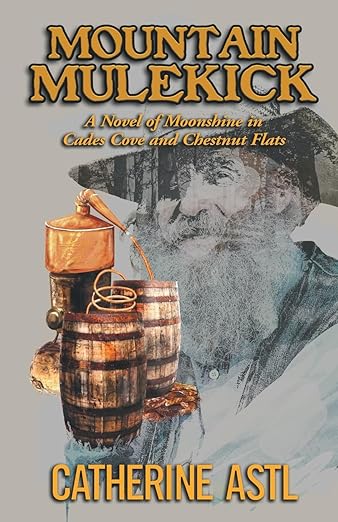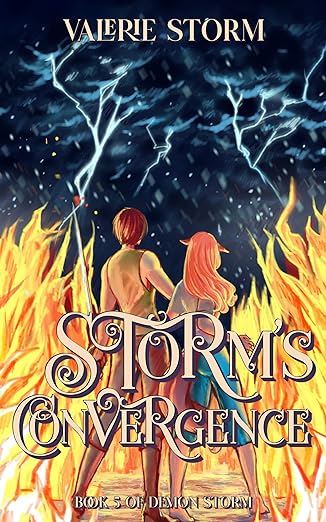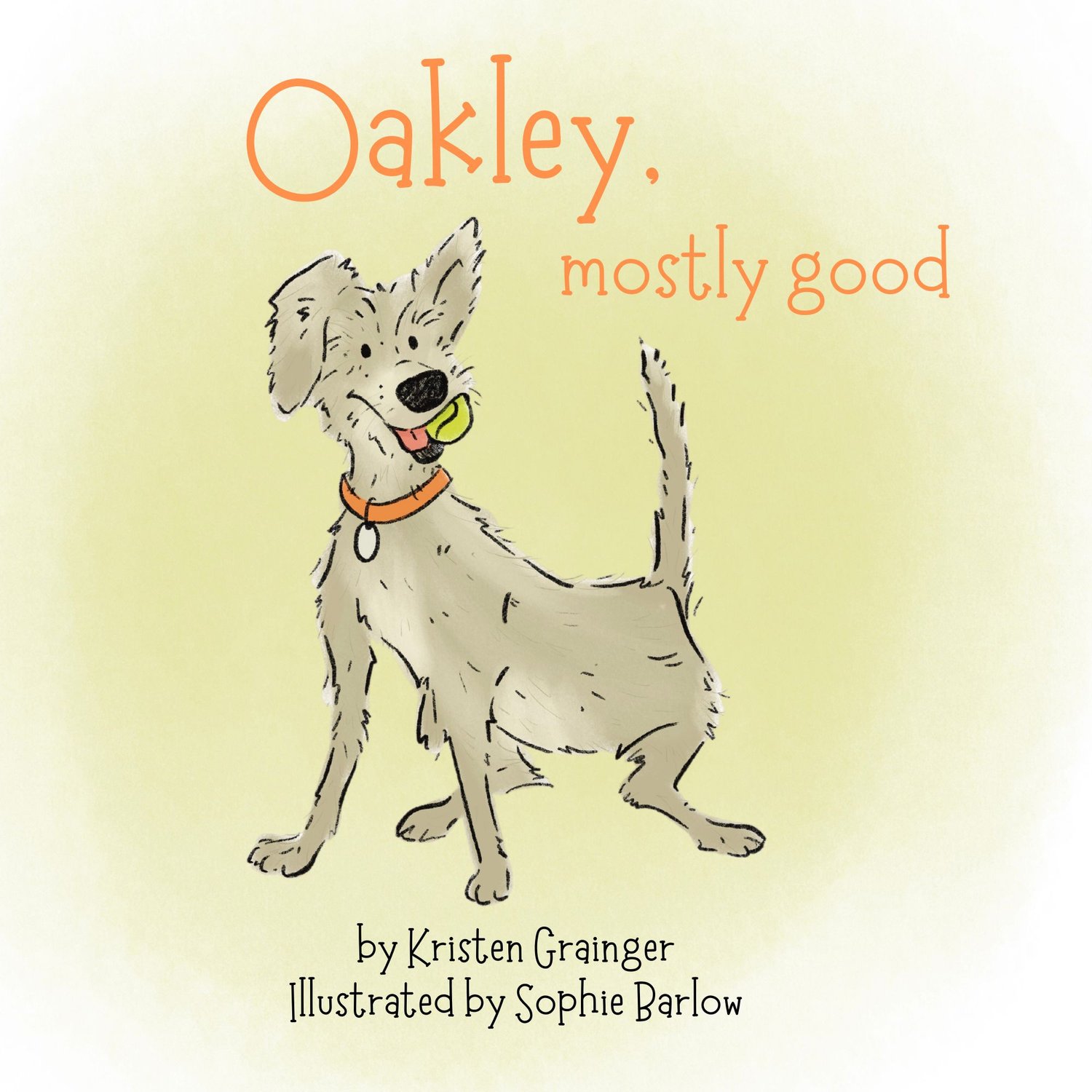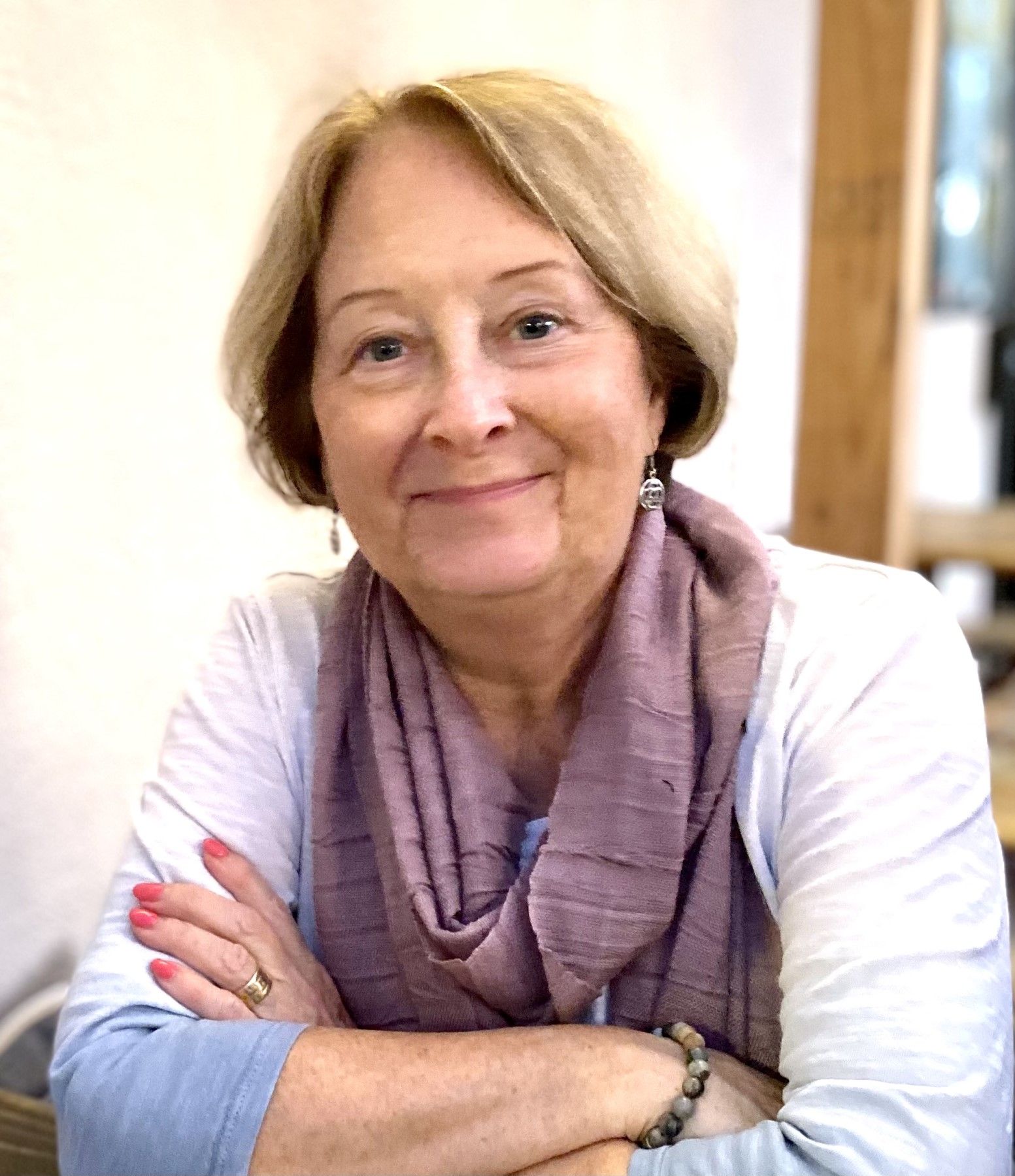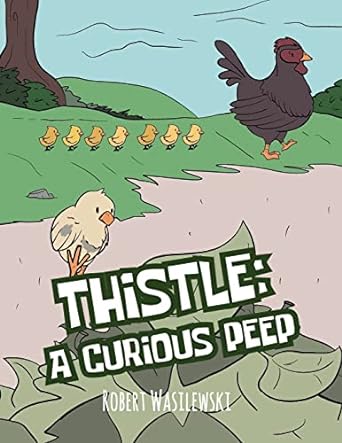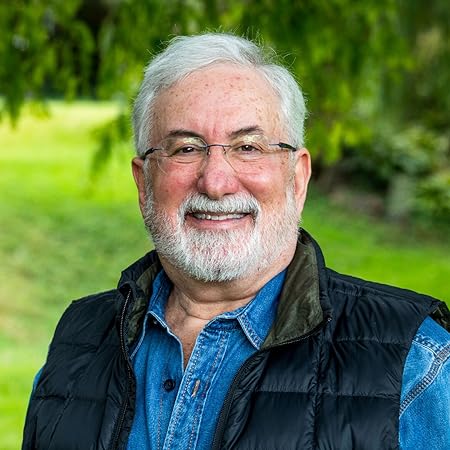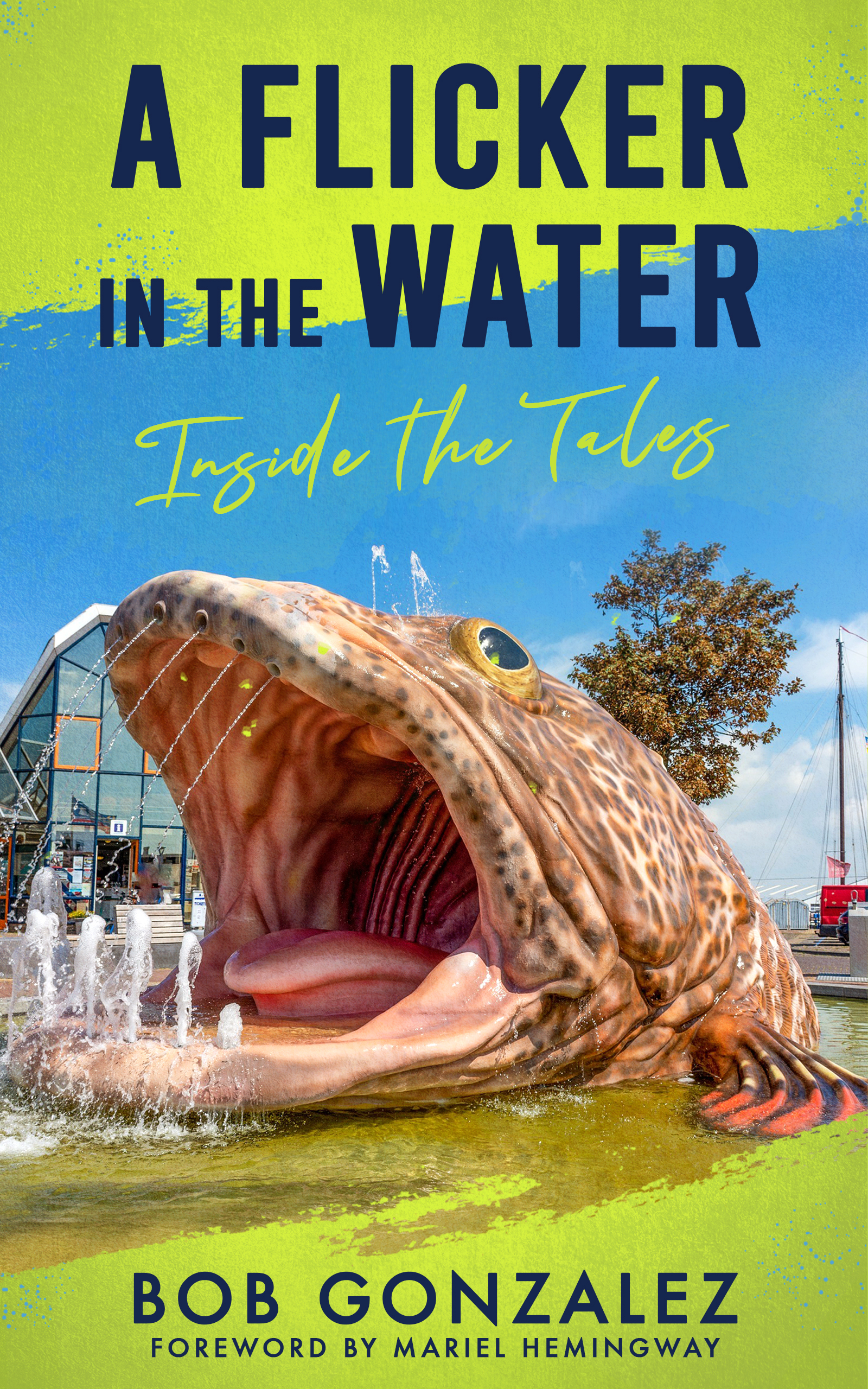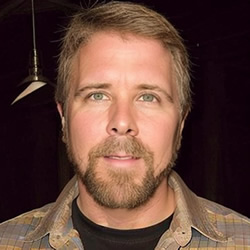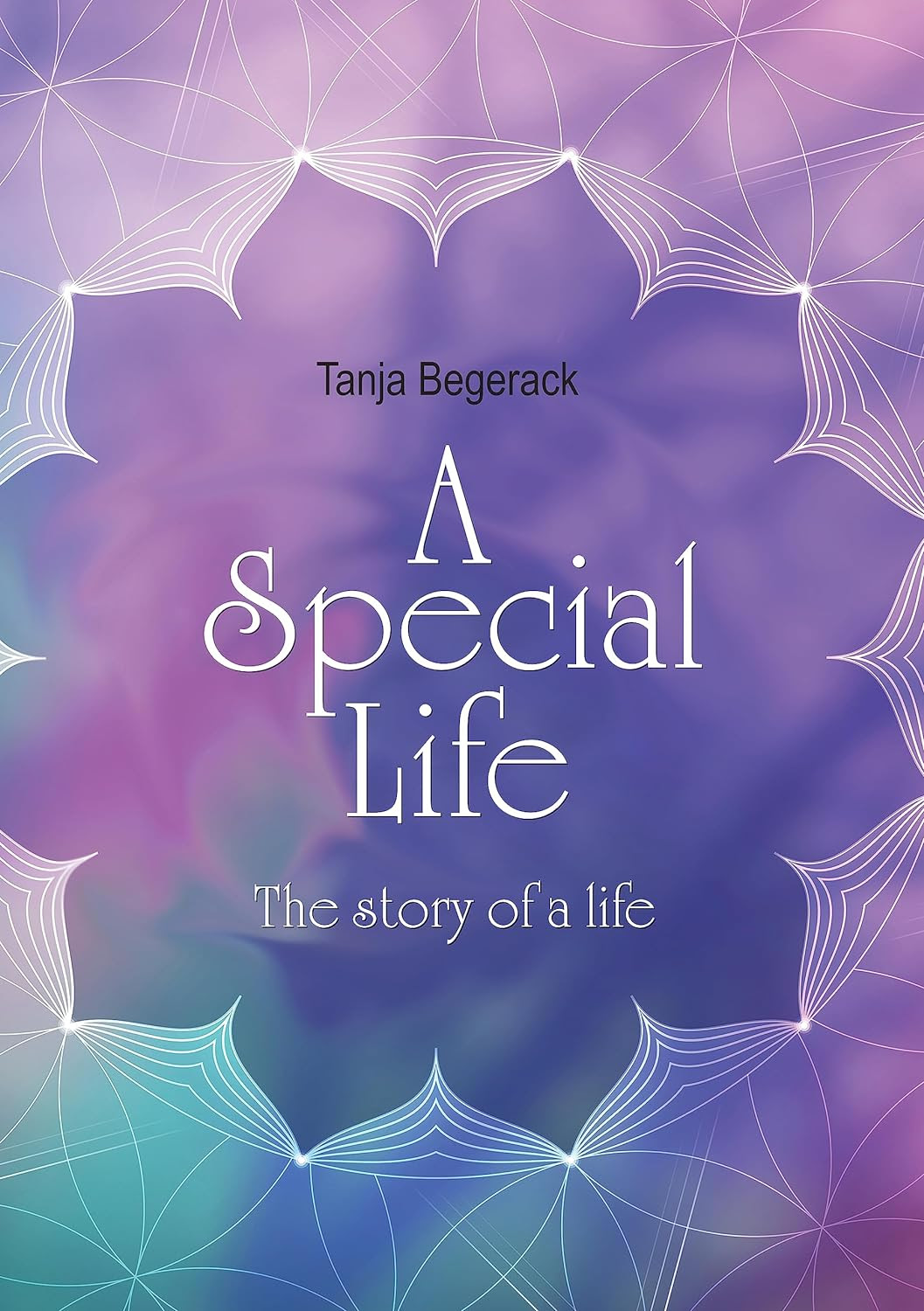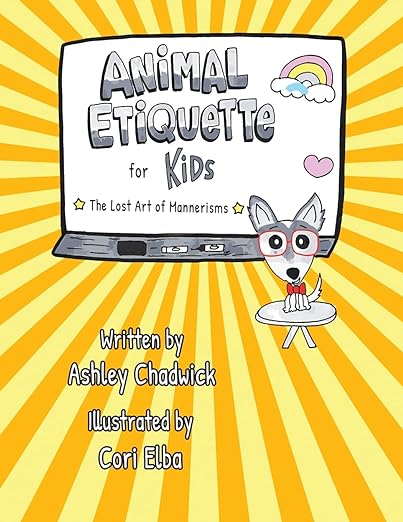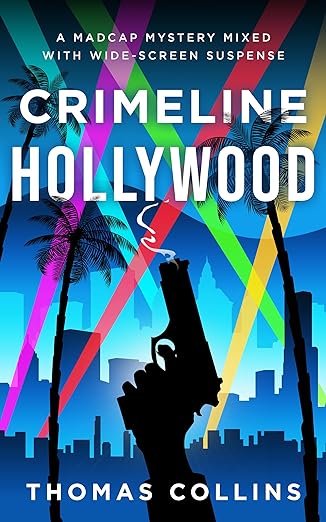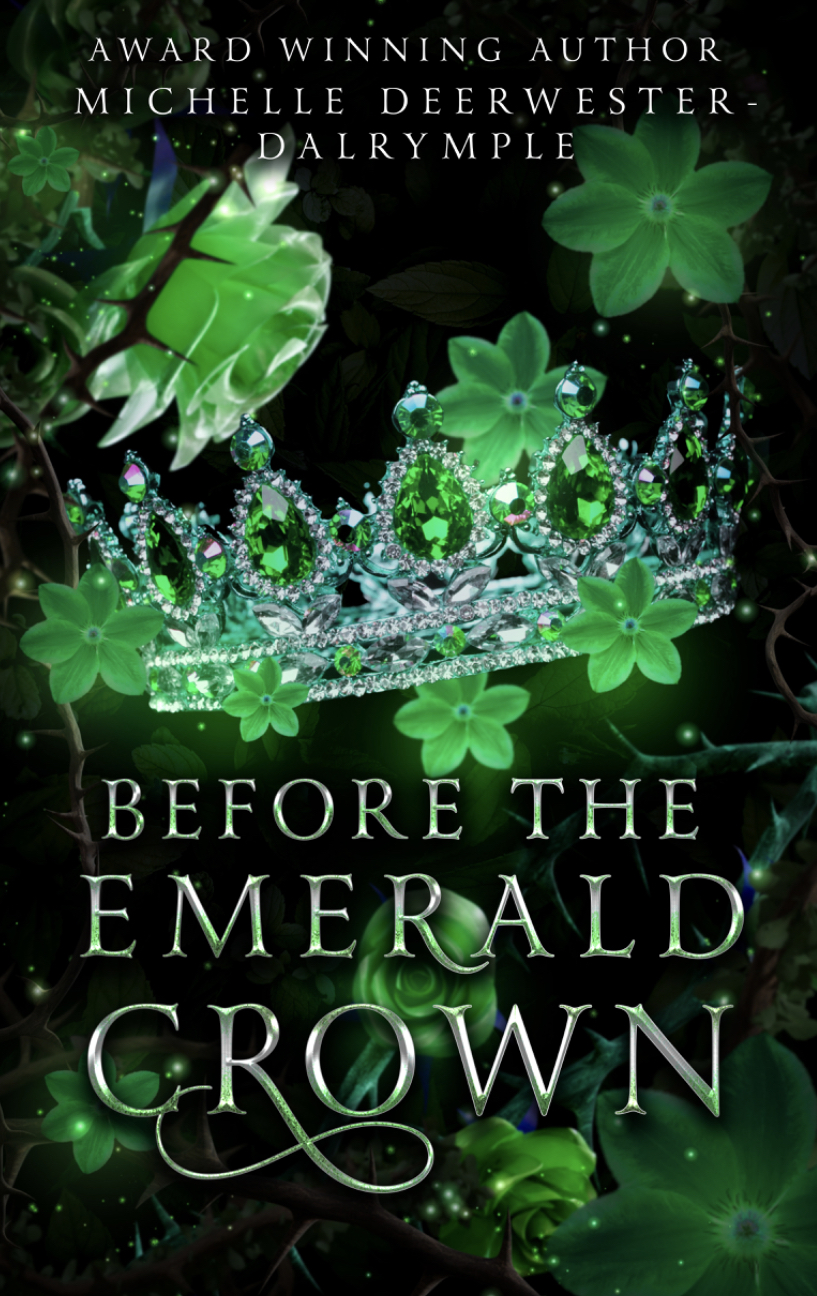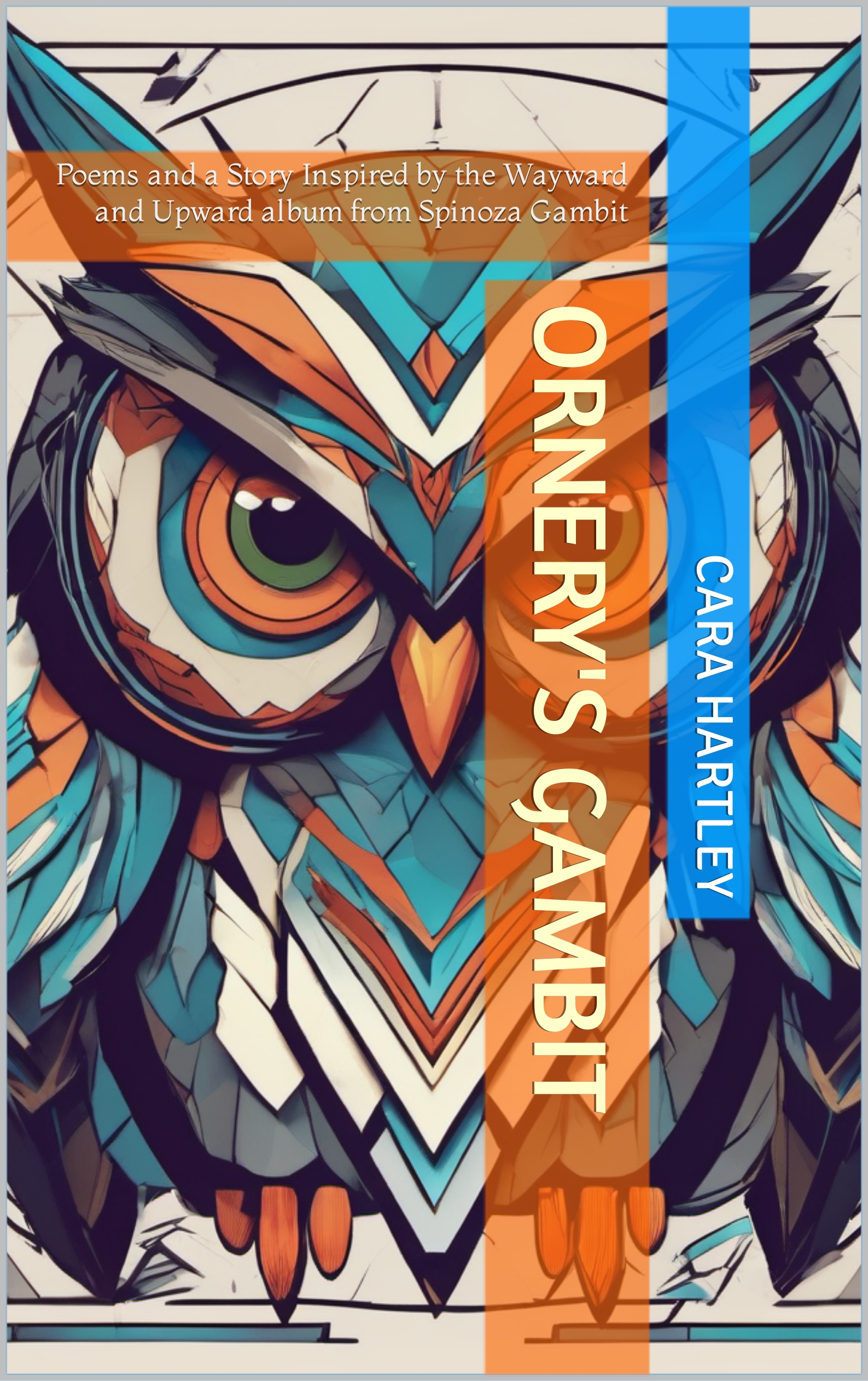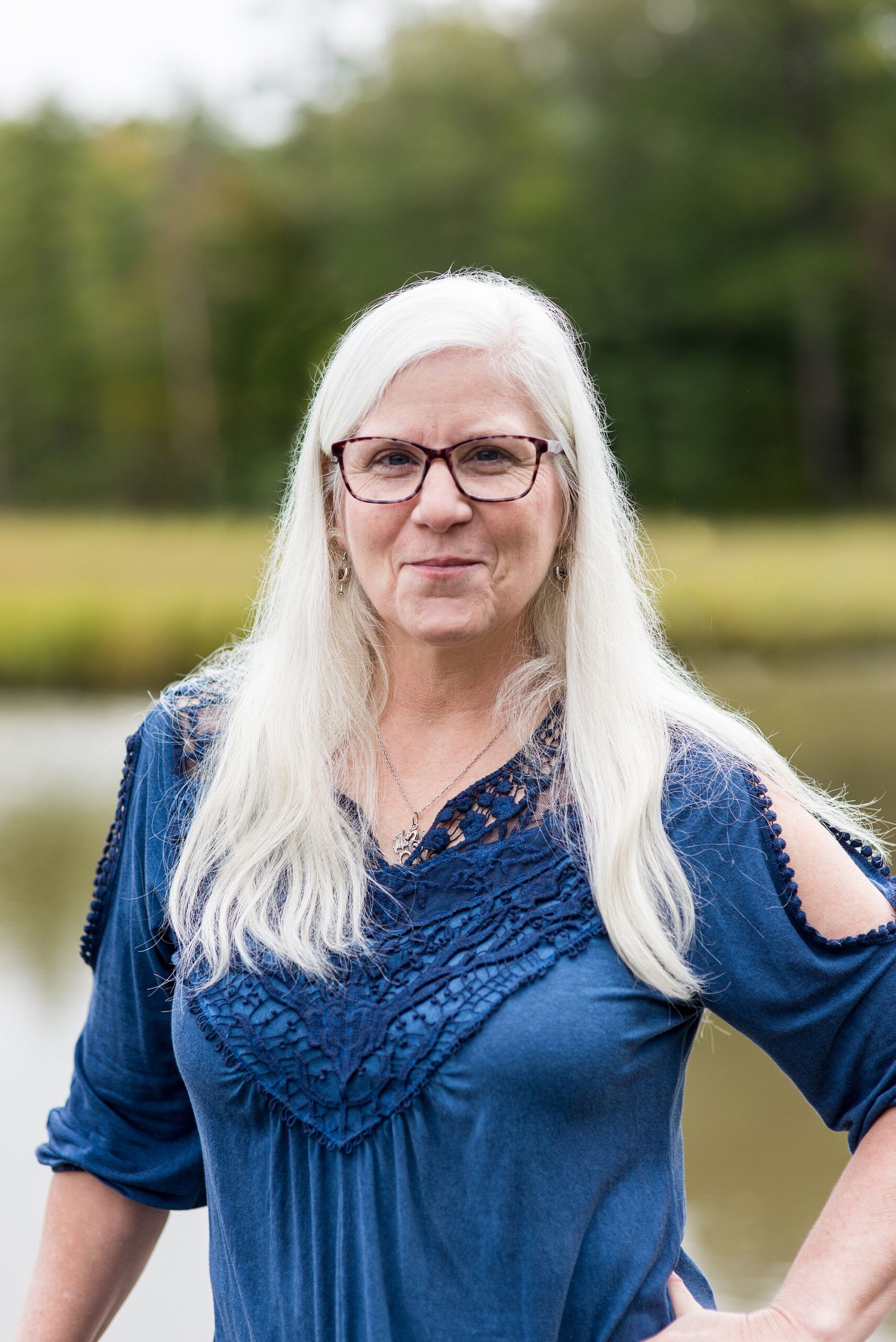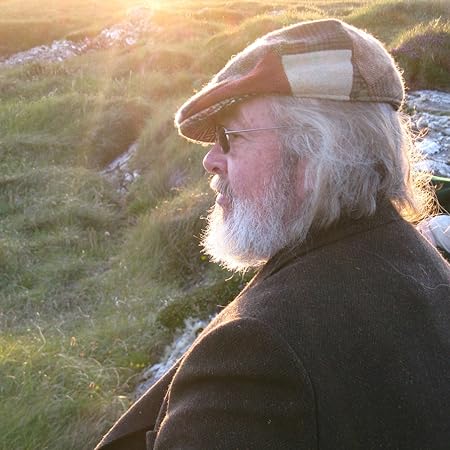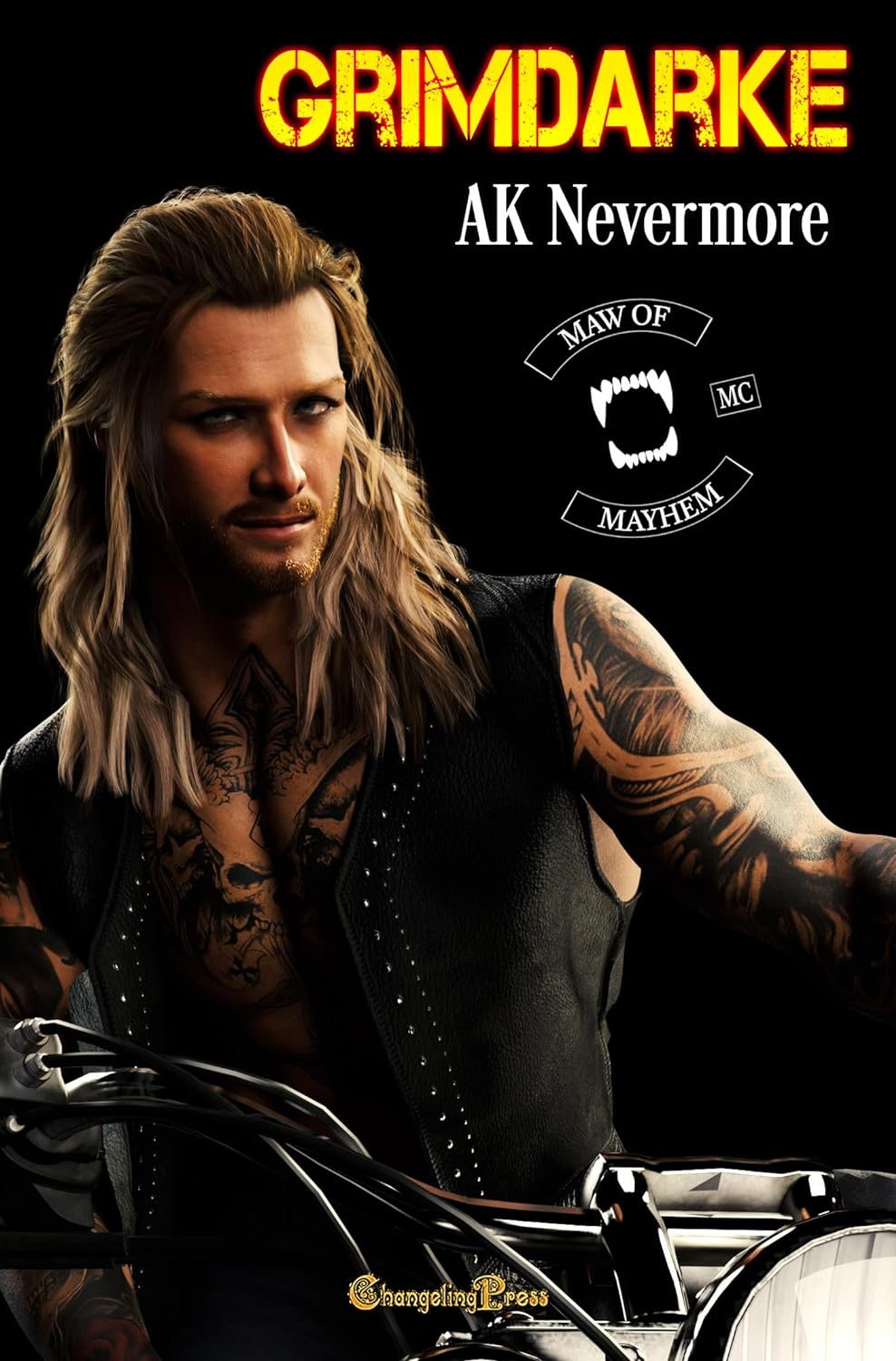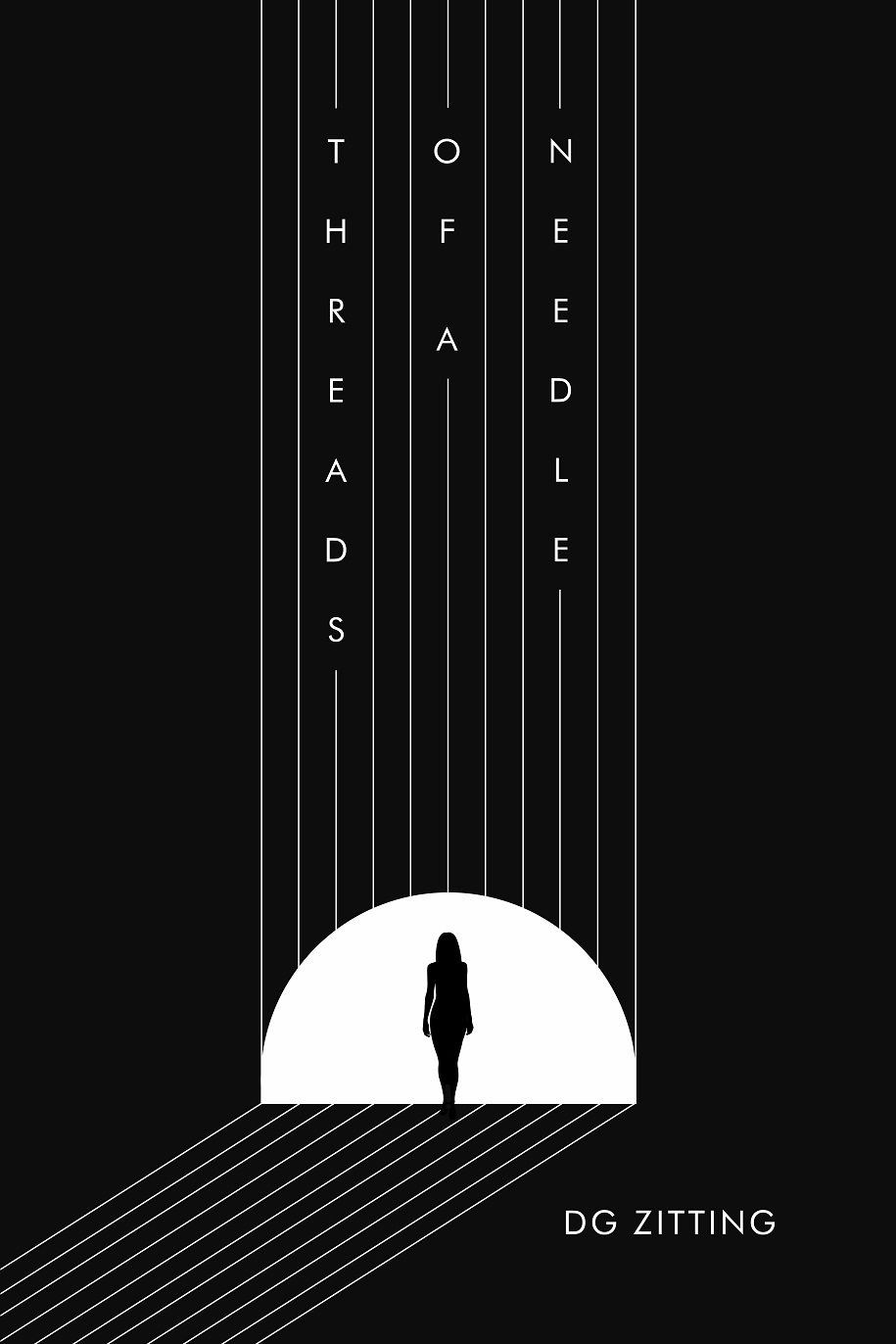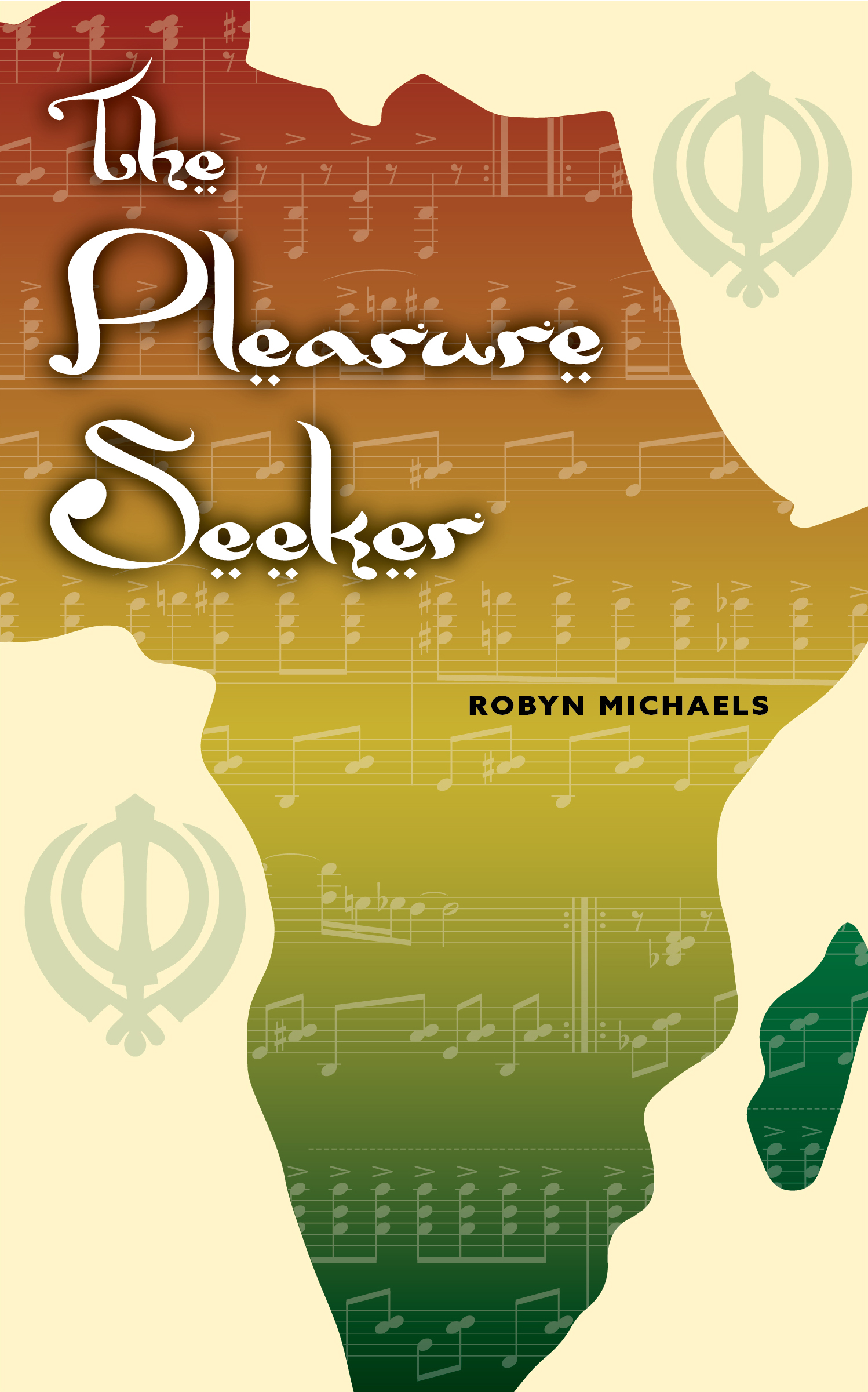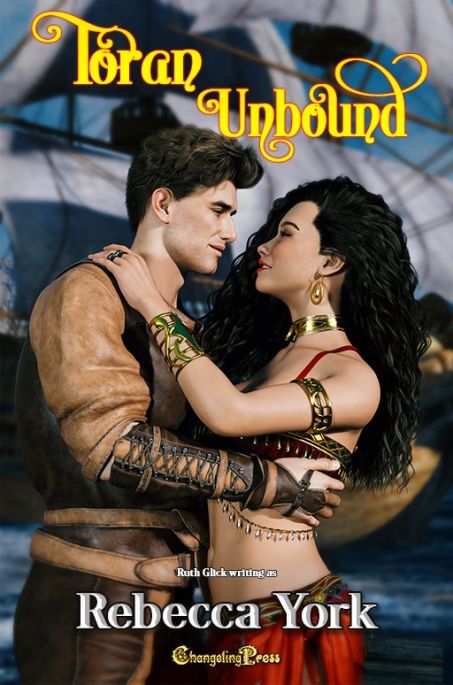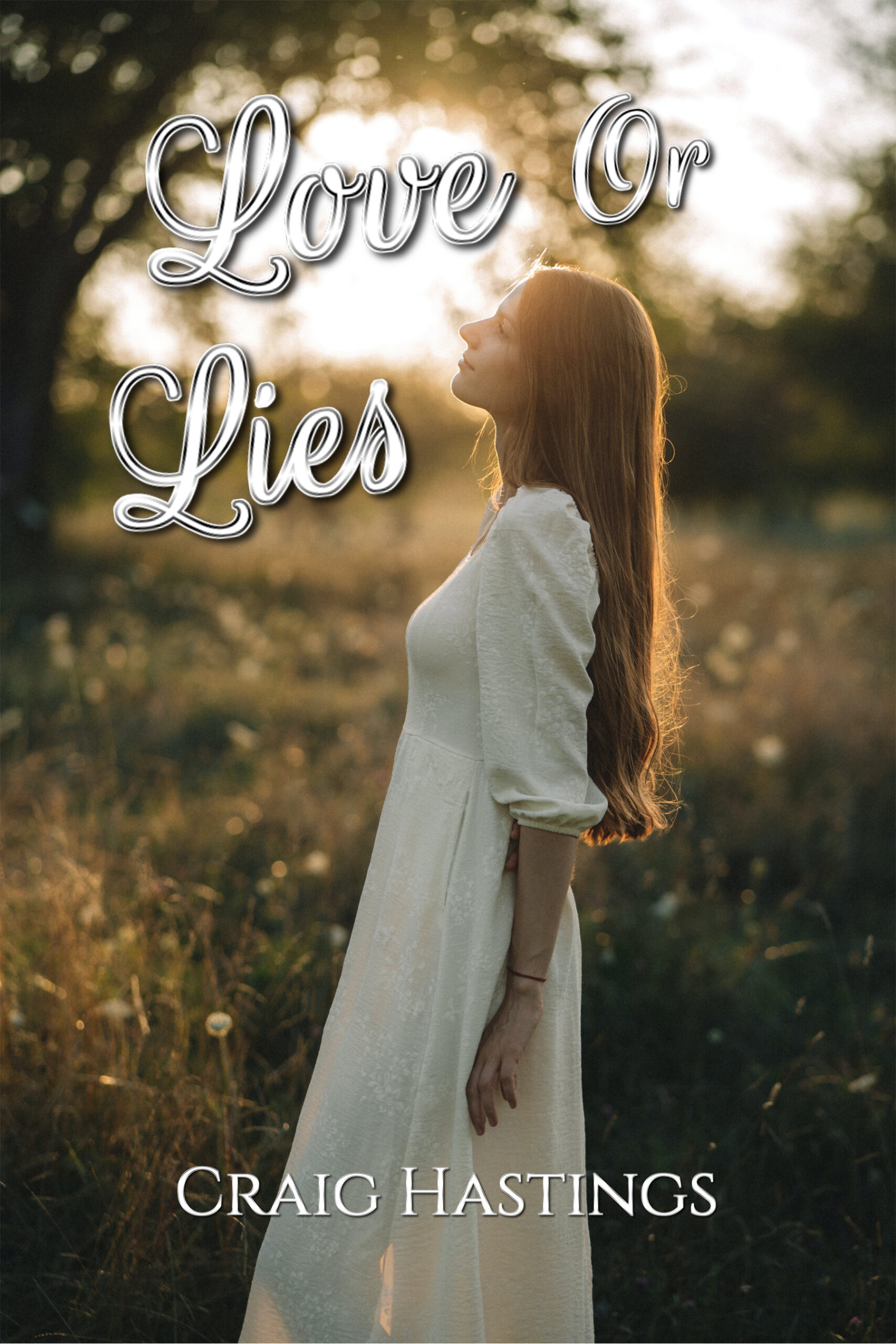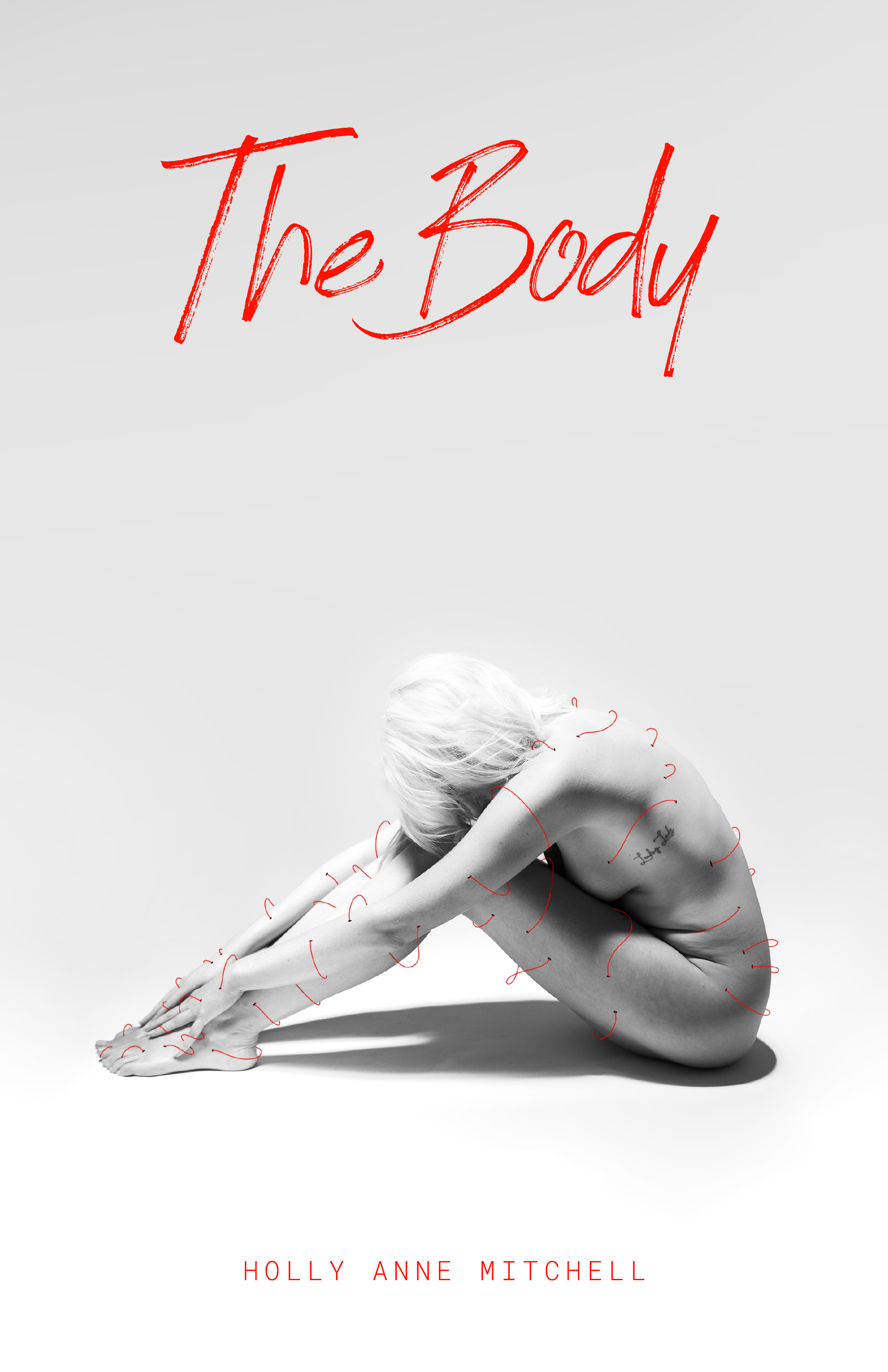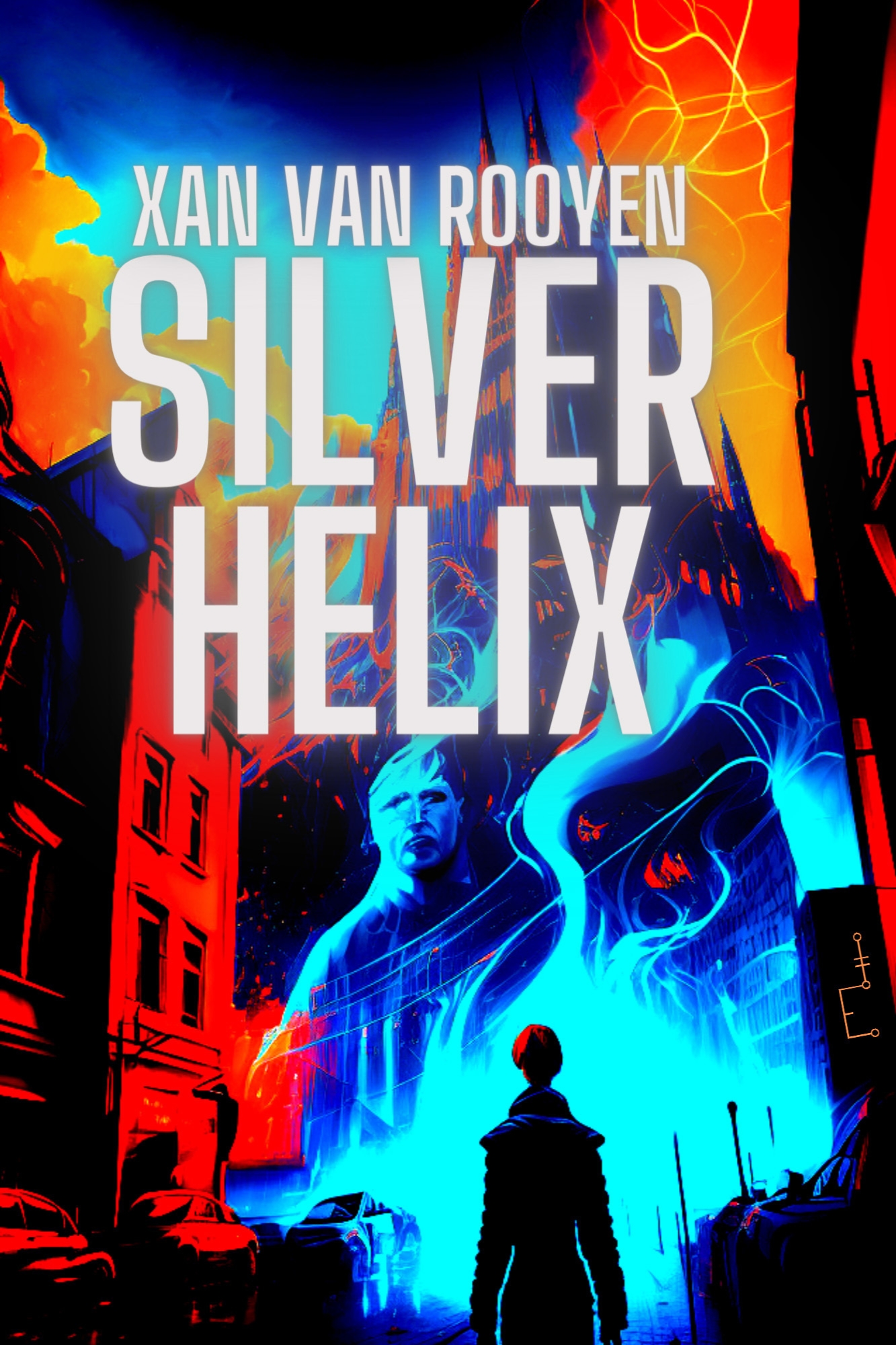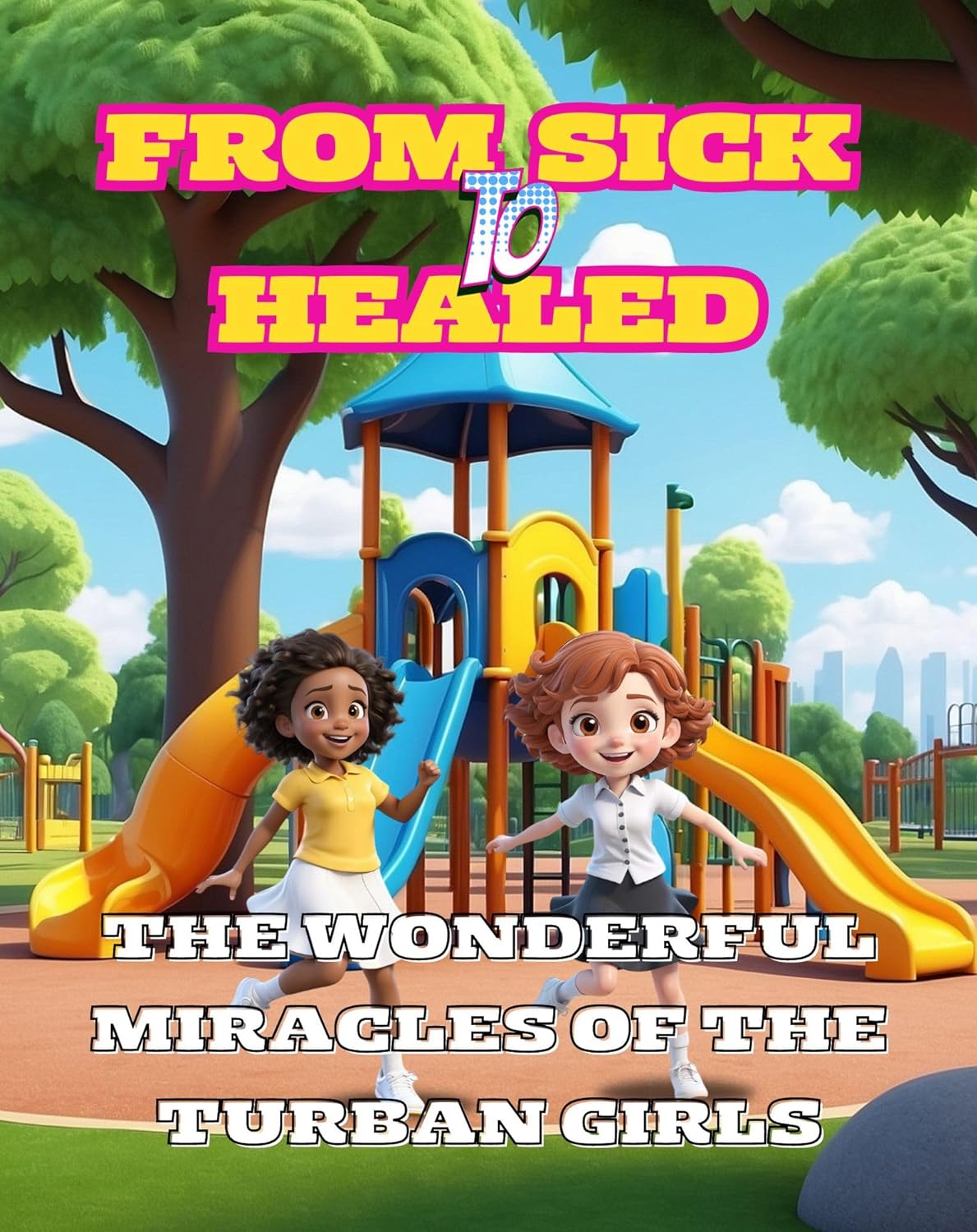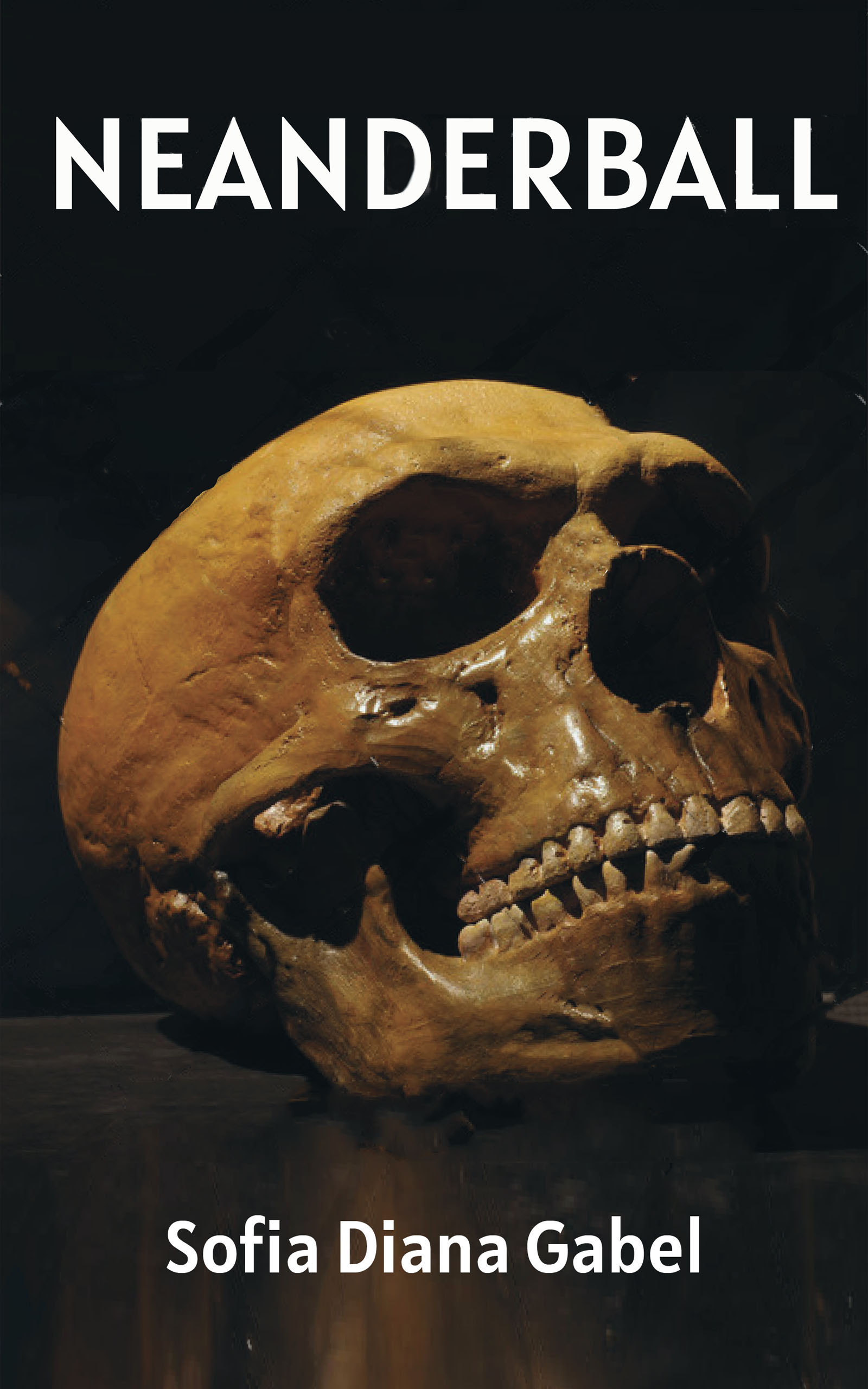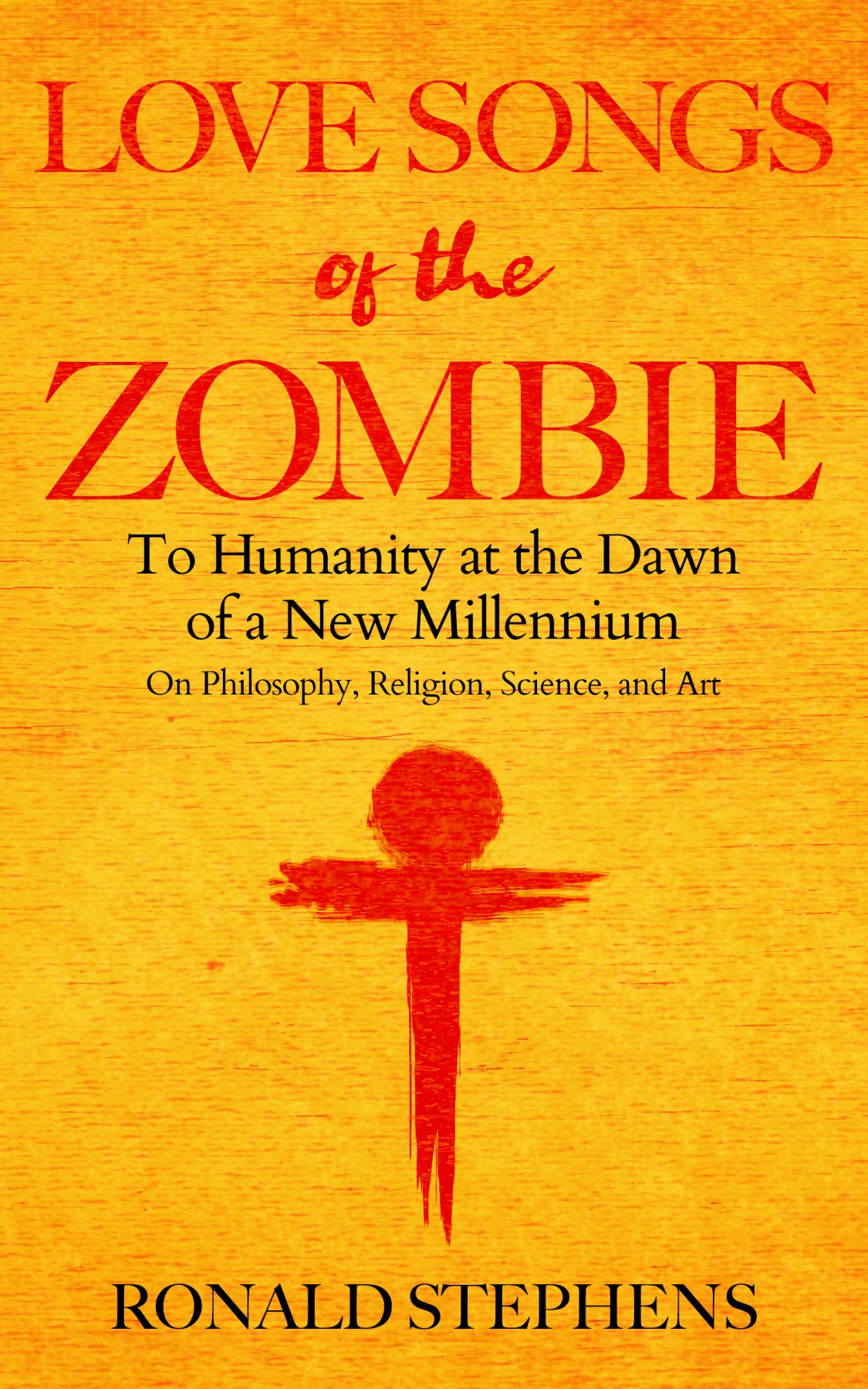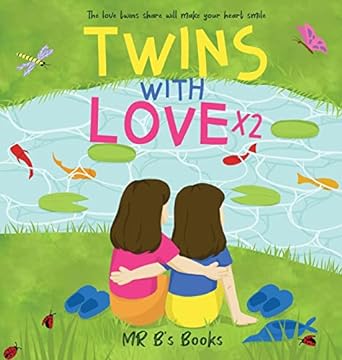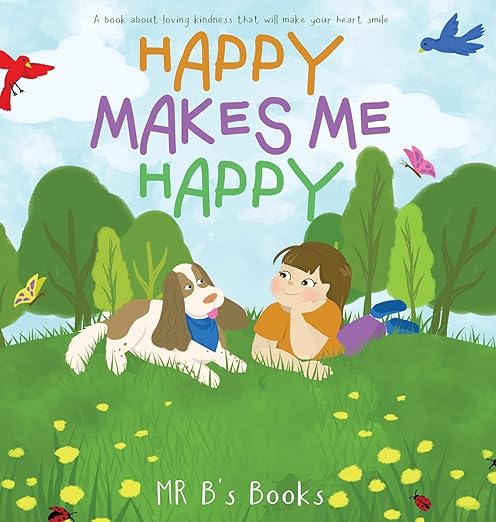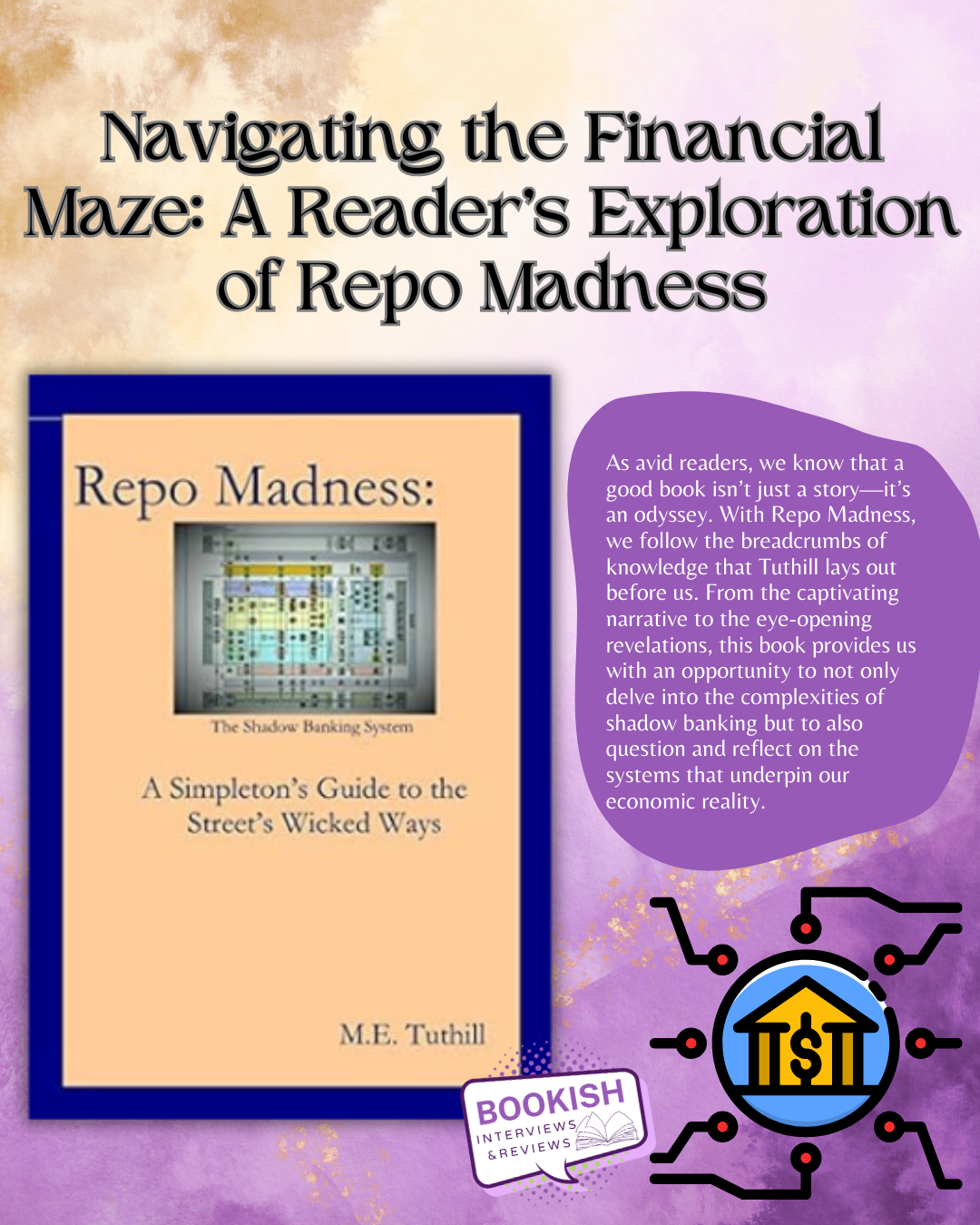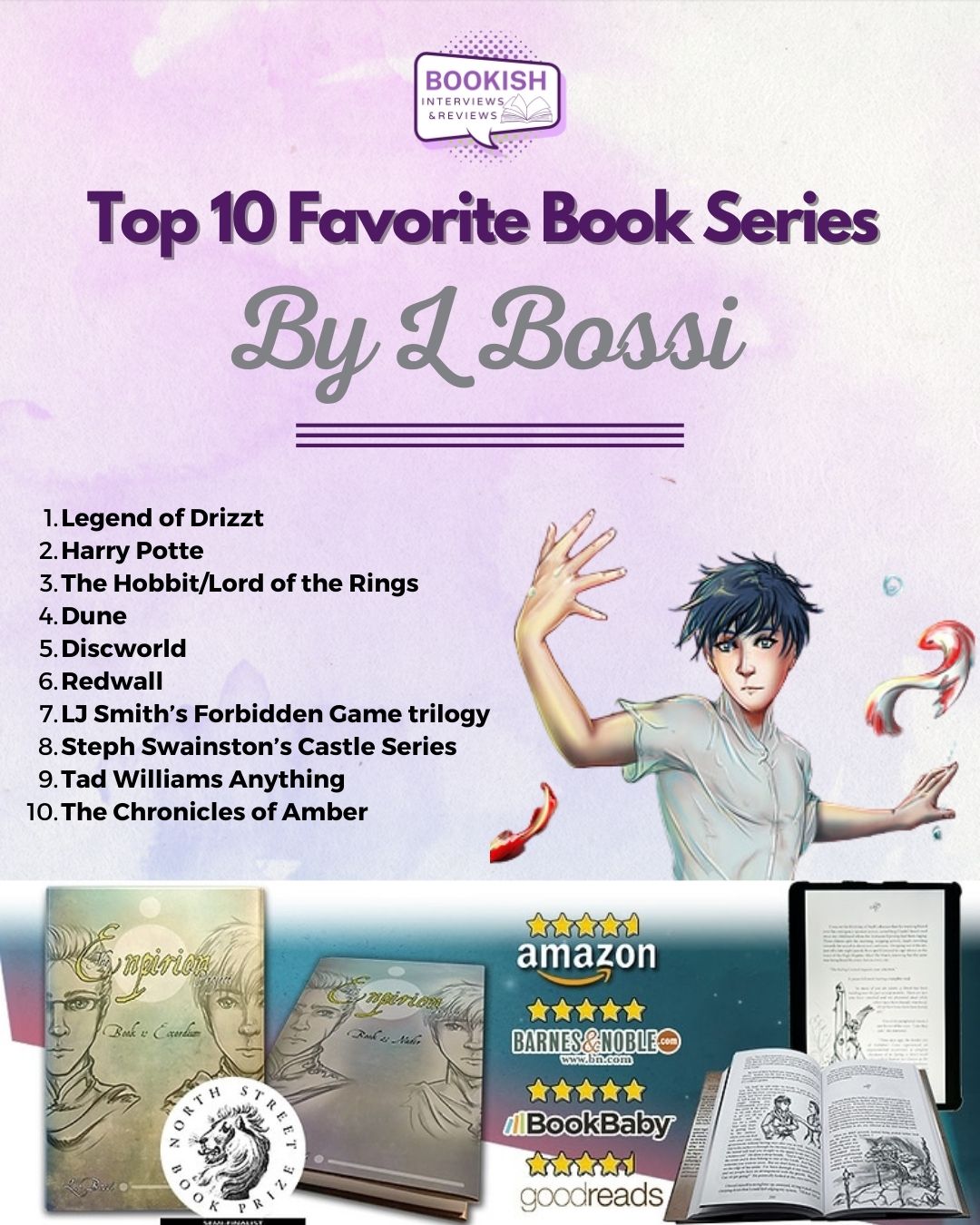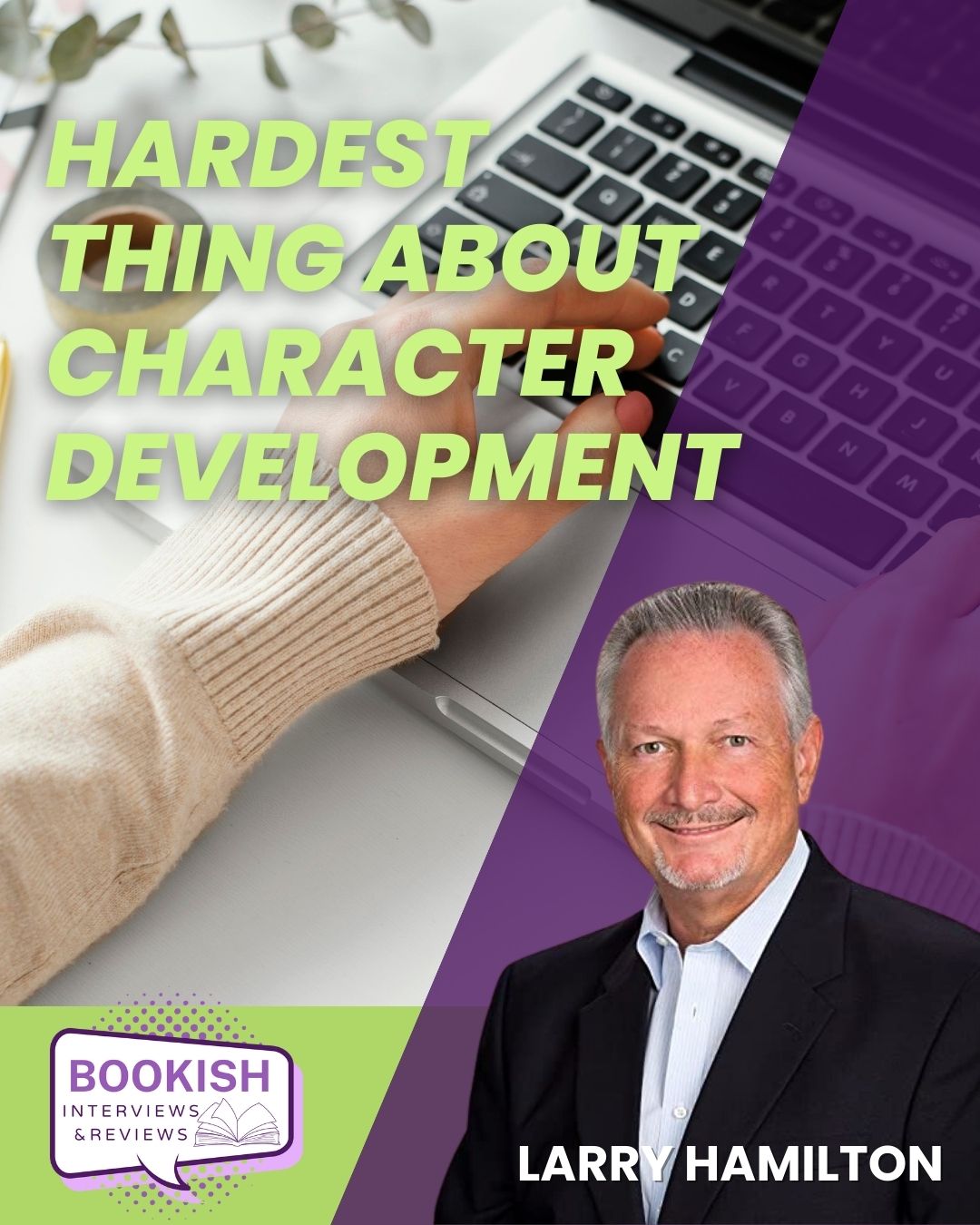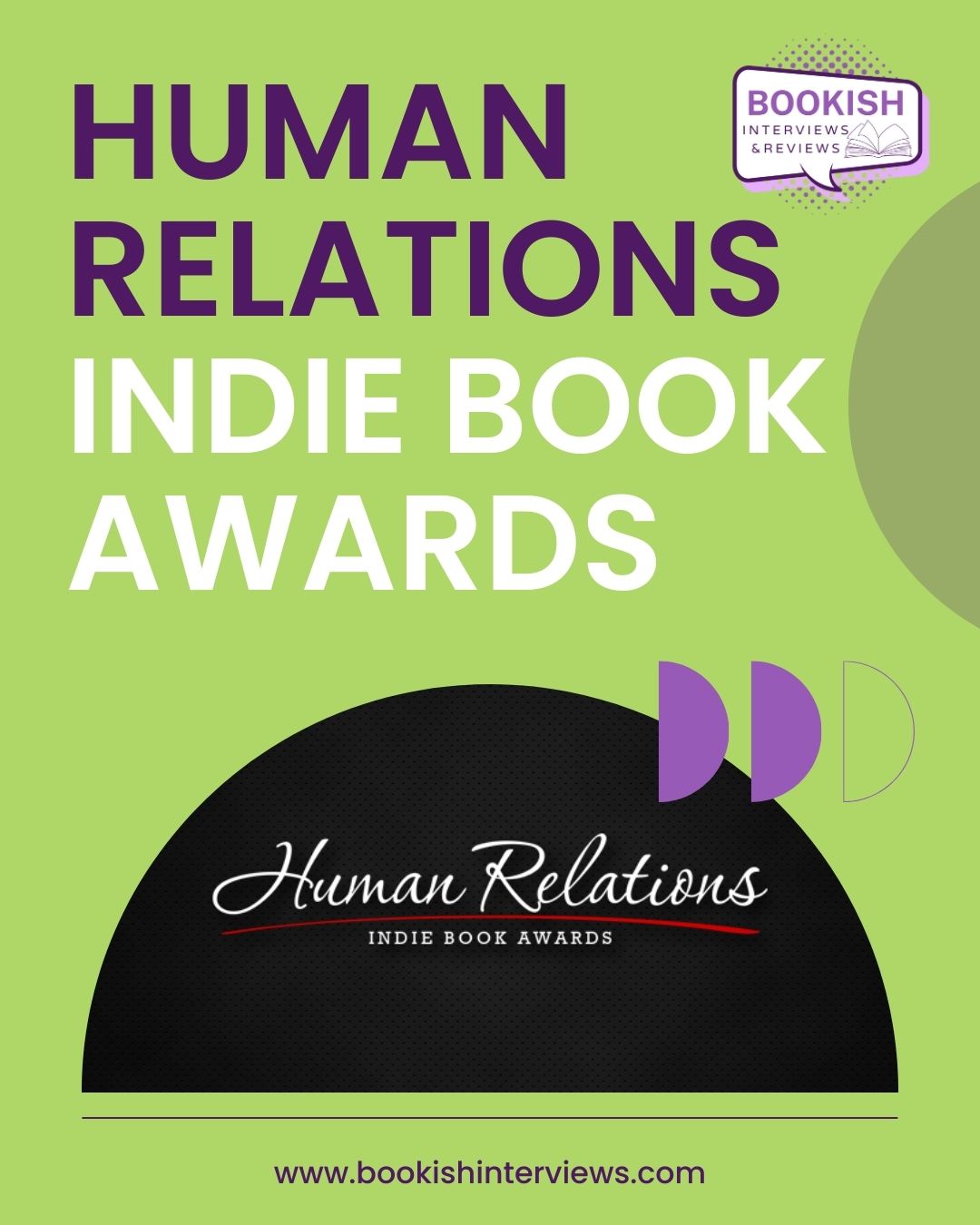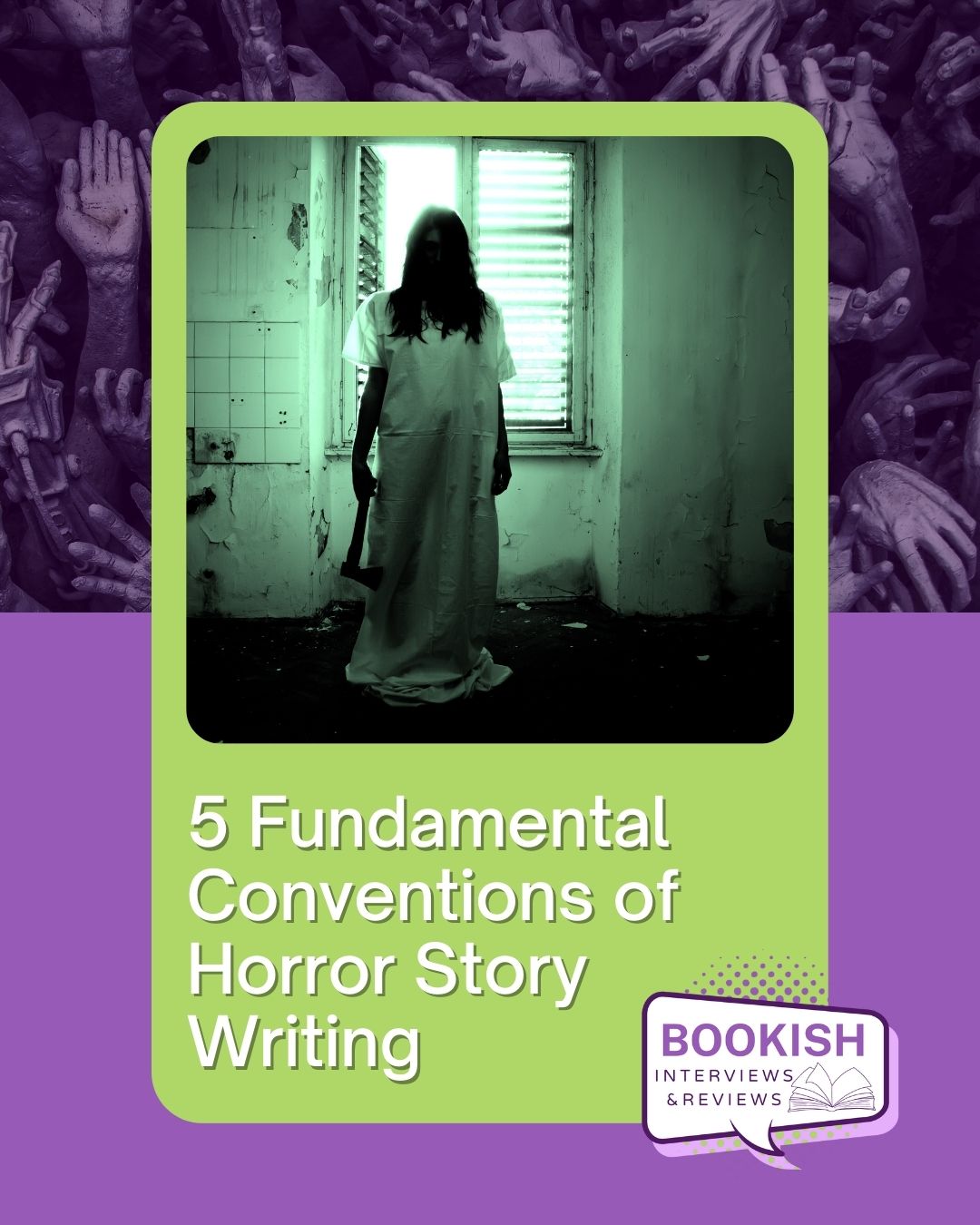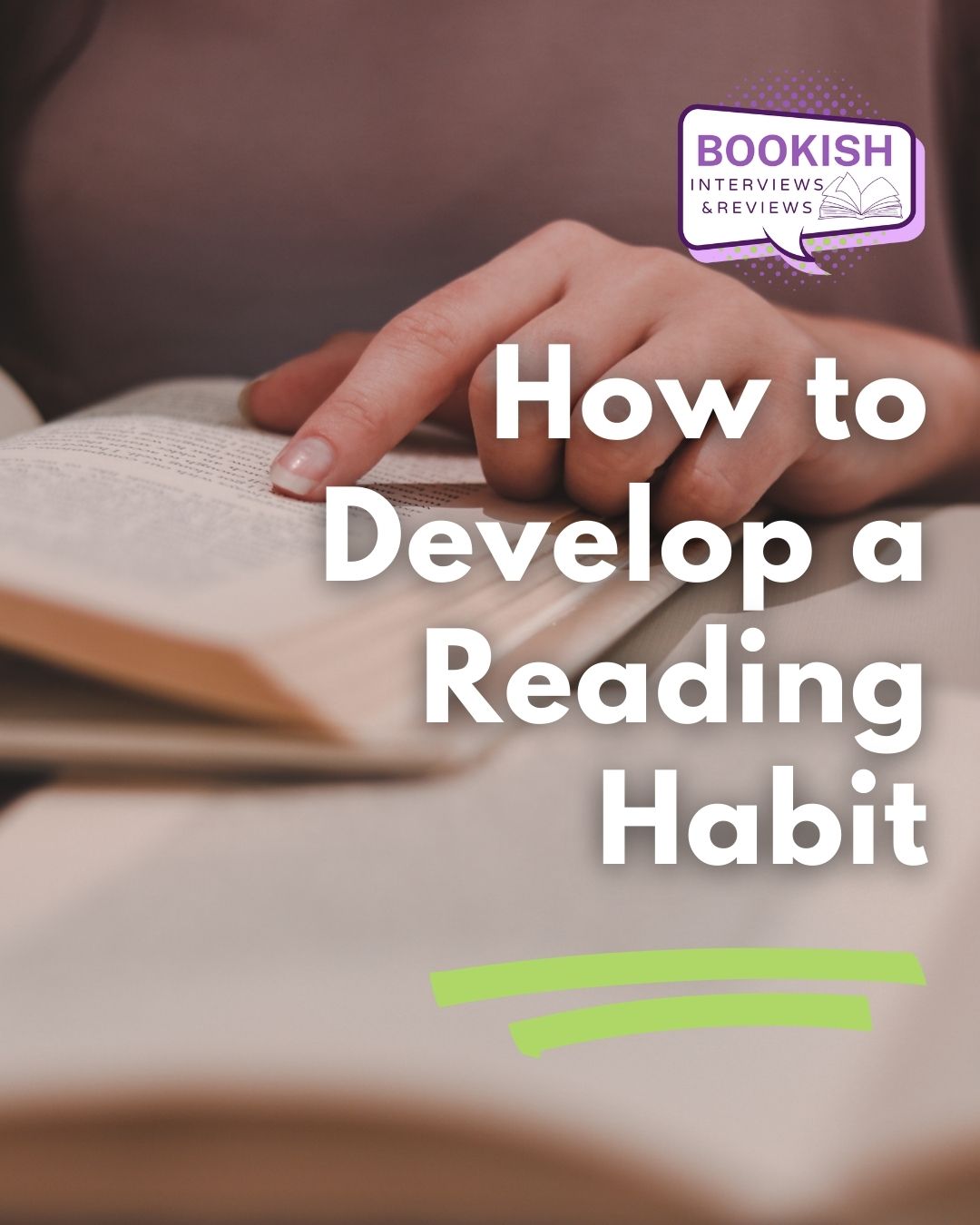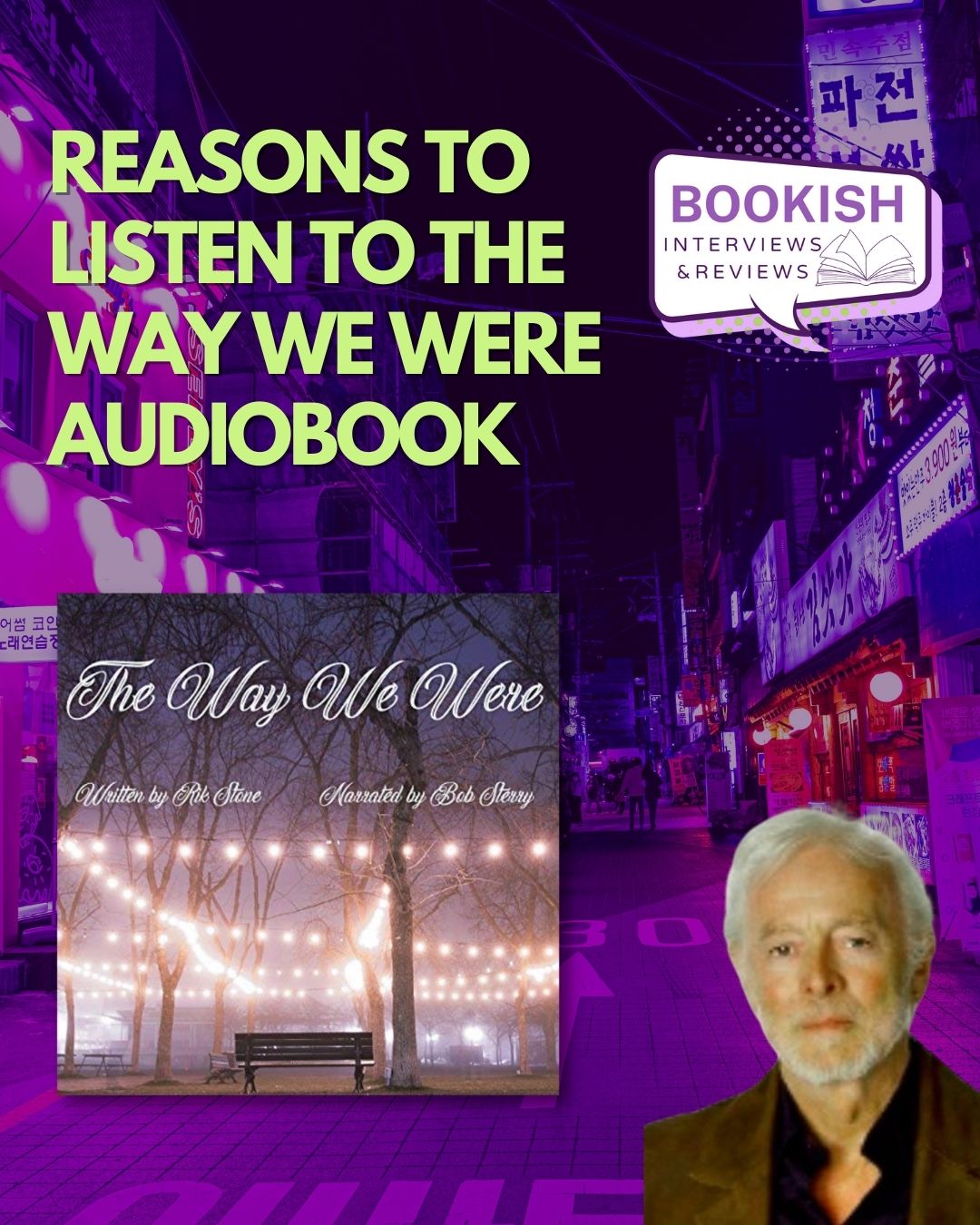<!–sc-shortcode-cleaner-clean-content-start Facebook Twitter
How many books have you written? Which is your favorite? I self-published a couple, then published one non-fiction title, and now my latest is a cli-fi novel, Voice of the Elders. It’s my favorite since it’s just come out, although I’m also excited about my work in progress.
Do you have any suggestions on becoming a better writer? If so, what are they I think it’s important as a writer to read a lot, especially good writing. It’s also important to remember that it doesn’t have to be perfect the first time. Even if you start out with a train wreck of a first draft, it doesn’t matter, at least it’s there. As Terry Prachett puts it, “The first draft is just you telling yourself the story.” For me, that has been very true. In fact, with Voice of the Elders, my first draft was actually missing a lot of the story. In the second draft I filled in much that was missing from the first draft, as well as completely changing the ending, before beginning the long process of winnowing the wheat from the chaff. There was a lot of chaff in that first draft. With each draft I got rid of a little more until finally, hopefully, it was all wheat.
What do you think makes a good story? First and foremost, I think the reader has to connect to the characters. Ideally the main character, but not necessarily. Sometimes a villain or a supporting character might be the most compelling to a reader. It’s hard to stay interested in a story if you don’t care what happens to the characters.
sc-shortcode-cleaner-clean-content-end–><!–sc-shortcode-cleaner-clean-content-start
How long does it take you to write books? For my first novel, Voice of the Elders, it took me about a year to write and about a year to get it published.
What is your work schedule like when you’re writing? I’m a bit of a streaky writer. I don’t write every day, but I am often thinking about my writing when I’m not actively doing it, which is also important. I tend to write a lot when I have the time. I can sit there all day, typing away. My coffee always gets cold and I often forget to eat. But then when other responsibilities keep me away from writing I just set my story on the back burner and let it simmer away in my subconscious.
When did you write your first book and how old were you? I only started getting serious about writing after 40. I started with some self-published books related to qigong and acupuncture, then published Tao of Sustainability in 2016 with Three Pines Press, a small Daoist Studies publisher. It builds on the same topics of qigong and Chinese medicine but explores how those disciplines, along with a Daoist worldview can foster a closer relationship between humans and nature. I wanted to write something to help combat climate change and realized that one of the core problems at the heart of it was that people were becoming more and more disconnected from nature. It’s hard to notice or care about ecological problems or issues around climate change if you see yourself as separate from it all. Following that up with a cli-fi novel seemed like a natural next step.
Action, politics, sustainability, romance, ancient Chinese Daoism, intelligent life on other planets…Greg Ripley expertly weaves myriad fascinating ideas into an engaging story…I eagerly await Ripley’s next book.
sc-shortcode-cleaner-clean-content-end–><!–sc-shortcode-cleaner-clean-content-start
What brought you to write your novel, Voice of the Elders? I wanted to explore some of the same themes I had previously written about, resilience in the face of climate change, nature connection, and Daoism, but in a fictional setting. I think there’s a very good reason that cli-fi and related genres like eco-fiction are growing in recognition these days is simply because climate change is becoming inescapable. For many years we’ve been hearing the warnings from climate scientists and activists, but I think for most people, it was an abstract thing that they couldn’t always see in their life. These days with catastrophic wildfires, monster storms, and record-breaking temperatures becoming the norm, I think people are starting to wake up. It’s no longer science fiction stories about a possible future, it’s happening now all around us. I also didn’t want to write yet another dystopian novel. I wanted to write something more optimistic than that. Something more akin to Ecotopia by Ernest Callenbach than just another nightmarish hellscape of misery. I actually had Ecotopia in the back of my mind when I thought about Voice of the Elders. I haven’t read it in years, but I sort of had in mind a Daoist inspired Ecotopia. I suppose how that eventually manifested itself in the book was with the secret society’s compound, which was sort of an permaculture ecovillage crossed with a Daoist monastery, but even there, I drew inspiration from traditional Daoist monasteries which were often fairly self-sustaining enterprises. So, I tried to blend the speculative elements with historically accurate elements to envision what that might look like in the near future.
sc-shortcode-cleaner-clean-content-end–><!–sc-shortcode-cleaner-clean-content-start
Where did you get the for idea for your book? The original kernel of an idea for this book came from a few science news articles in combination with a lot of ideas I had floating around from twenty years of studying Eastern philosophy and religion. I also did deeper research along the way when I stumbled onto something which seemed to fit into my story or I needed to find something to a bridge a gap. Quite a bit also came from life experiences. I’ve lived a lot of places and had many different jobs along the way.
You mentioned eco-fiction and cli-fi, can you explain a little about those for people who are unfamiliar with these genres? Sure. These are often thought of as emerging genres, and they are certainly growing in popularity, but they both, I think, began as a way to describe books in many different genres that dealt with the environment or nature, and humans’ relationship with it. That’s especially true of eco-fiction. Cli-fi, or climate change fiction is a little more recent, being coined by Dan Bloom about 10 years ago. Cli-fi also has a bit broader use. It’s often applied to movies as well as literature. A lot of sci-fi and dystopian novels and movies can fall under the umbrella of cli-fi as they often deal with futures on earth or other planets where the climate has been greatly impacted by humans.
What’s next for you? What are you working on now? I’m writing another novel, unrelated to Voice of the Elders. It has similar spiritual themes to Voice of the Elders but told through the lens of European inner alchemy traditions instead of Daoist internal alchemy. I have a sequel (or two) planned for Voice of the Elders, but they are just in the outlining stage right now. I’ve also got an idea for another unrelated cli-fi novel. We’ll see if or when I get to that one.
We humans are learning that we cannot secede from nature. Our future depends on whether we are willing to respond to the lessons in Gregory Ripley’s eminently wise Tao of Sustainability. Put this book on the very top of your reading list: urgency is afoot, time is not on our side.
sc-shortcode-cleaner-clean-content-end–><!–sc-shortcode-cleaner-clean-content-start
Tao of Sustainability: Cultivate Yourself to Heal the Earth
At the crux of our current environmental crisis lies humanity s perceived separation from nature. We simply will not take care of the natural world if we do not believe we are an integral part of it. In Tao of Sustainability the author presents the traditional Daoist path of self-cultivation as a framework for bringing humans back into a sustainable relationship with the Earth. Tao of Sustainability also explores how our health, both mental and physical, is impacted by nature, drawing on research in the fields of Green Exercise, Nature and Forest Medicine, and Ecopsycology. Part philosophy, part meditation manual, part nature awareness guide, The Tao of Sustainability offers numerous pathways towards reconnecting with nature and the Dao through mind, body, and spirit. Drawing from a variety of disciplines and traditions, from Daoism to Stoicism, Ecopsychology to Buddhist mind training, the visual arts to movement (tai chi, qigong) this book provides numerous ways to reconnect with the natural world.
sc-shortcode-cleaner-clean-content-end–><!–sc-shortcode-cleaner-clean-content-start
Primal Energy: An Introduction to Qigong
Primal Energy: An Introduction to Qigong Discover the amazing, life changing art of qigong. This richly illustrated guide presents this ancient Chinese health and wellness practice in an easy to follow, accessible way. The author provides enough of the theory to give the reader a good grounding in the practice while staying focused on the practical aspects of this wonderful practice. This remarkable guide includes warm up exercises to increase joint mobility,complete instructions for a wide variety of qigong exercises, and a full body acupressure routine which can be used as a cool down or as a stand alone practice. In addition to detailed instructions for each practice presented, the author also provides great ideas for your own further exploration of this wonderful art. About the Author Gregory Ripley has a BA in Asian Studies and a Master of Acupuncture degree. He has practiced Tai Chi and qigong for over 20 years and is a certified instructor. He is also the author of Primal Health: A Brief Introduction to Chinese Medicine.
sc-shortcode-cleaner-clean-content-end–>

